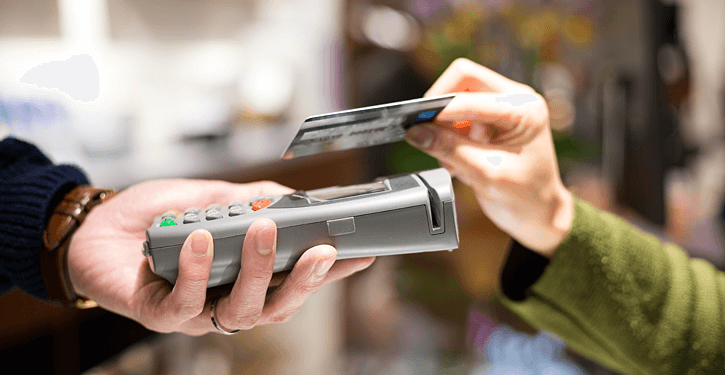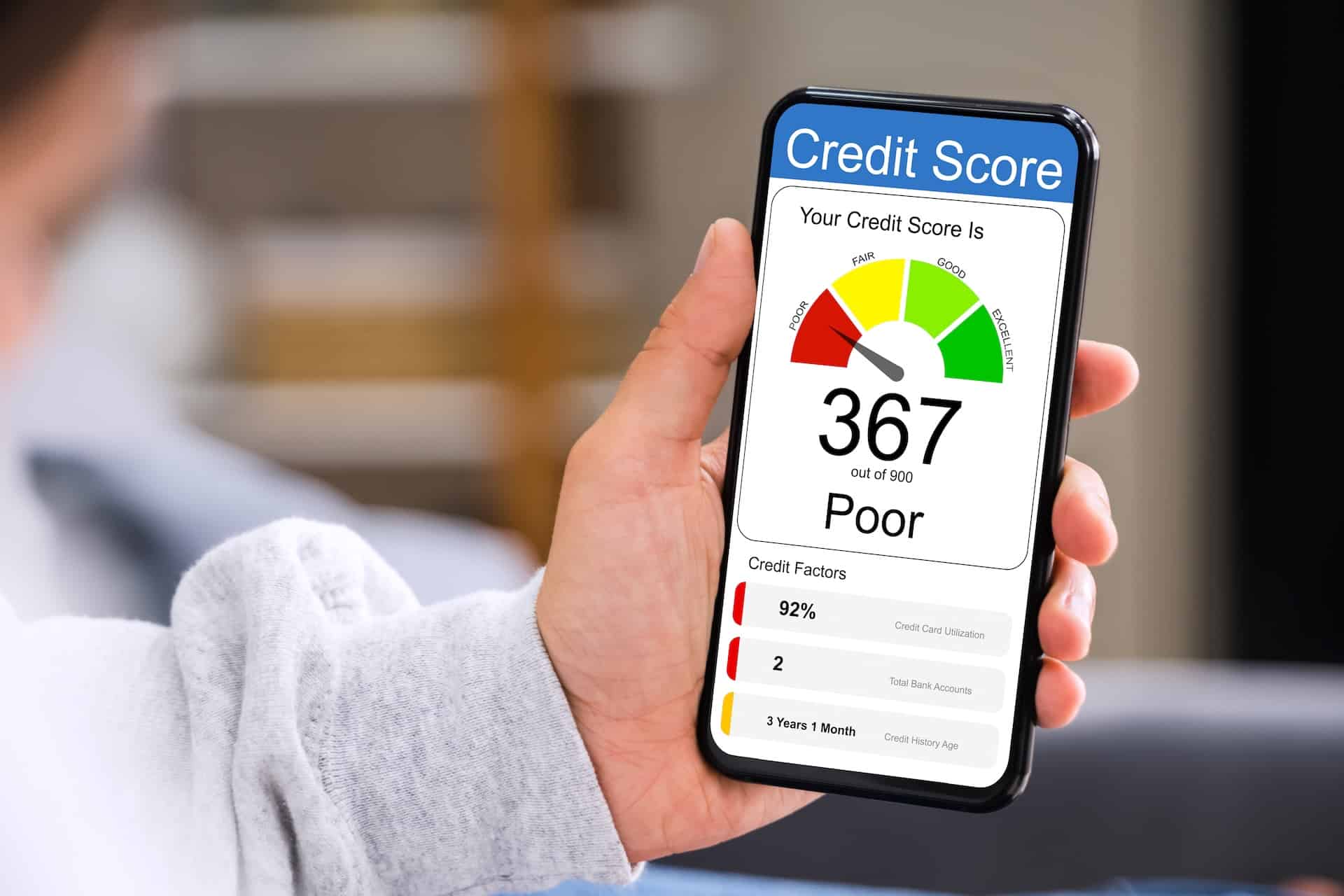Now is a great time to look at your finances for 2017, reevaluate your budget and choose your financial strategies for the coming year. One question to ask is whether to use debit or credit.
The Case for Credit Cards
Credit cards offer many advantages. The first is that credit cards offer greater fraud protection than a debit card.
The Fair Credit Billing Act states that credit card companies must offer fraud protection to its card users. For many credit cards, that equates to zero liability.
Here’s how it works. If you report a lost or stolen credit card before it’s used, or if the number (but not the card) is stolen, you are not responsible for any fraudulent charges. If you report a loss or theft after a charge appears, your liability maxes out at $50.
For a lost or stolen debit card, the rules are a bit more complicated. If you report the loss before charges are made, you are not responsible for any fraudulent charges. If you report the loss within two days of becoming aware of it, your liability maxes out at $50.
If you report the loss within 60 days of the mailing date of the statement where you see fraudulent charges, you can be held responsible for up to $500 in fraudulent charges. If you don’t report the loss within that time frame, you could be stuck with the entire bill. If the number, but not the card, is stolen, you are not responsible for fraudulent charges if you report them within 60 days of the statement mailing date.
Card issuers may offer more generous liability protection on debit cards. For example, zero liability on signature transactions.
The next advantage offered by credit cards is the speed at which returns are processed. If you return something purchased with a credit card, you usually see the statement credit within a few days. If the item was purchased with a debit card and the money has already been transferred to the seller, you might wait a week or two or longer before the money is returned to your account, depending on the merchant and the banks involved.
Credit cards generally hold an advantage over debit cards when it comes to perks, including better rewards programs, travel benefits, or exclusive access to goods and services.
One of the biggest advantages of using credit over debit is that credit cards can help you build a healthy credit score and profile. Debit cards do not show up on your credit report. Use your credit card responsibly (pay each bill on time and keep your balance low) to avoid credit score damage.
The Case for Debit Cards
A strong advantage associated with debit cards is that they hold you to your budget. The card is tied to your checking account, and when the money is gone you can’t spend any more. Credit cards, on the other hand, extend an invitation to spend more than you can afford to repay. Debit cards save you from the shock of a large bill at the end of the month.
Debit cards don’t come with annual fees, so owning one comes at no cost.
Debit cards are just as secure as credit cards, and banks in the U.S. are in the process of rolling out EMV chip debit cards which offer greater protection against fraud.
Debit cards can be cheaper to use than credit cards. Since many merchants have to pay more in processing fees for credit card transactions, they may offer discounts for using your debit card instead. Indeed, the ampm brand of gas stations does not accept credit cards at the pump. Debit only.
In some cases, you can negotiate with a merchant for a better deal in exchange for using debit over credit. In this way, a debit card can have more buying power than a credit card.
You may also save money on your banking fees, depending on the bank. Some banks waive monthly checking account fees if you make a certain amount of debit purchases each month.
Debit cards – PIN or signature?
In some cases you will have the option to sign for your debit card transaction or to use your PIN to complete it. If you have a debit card that can earn rewards (not terribly common these days), you probably have to sign to earn those rewards on your purchases. If you use a signature, however, you won’t be eligible to get cash back, even from a merchant that offers cash back on PIN transactions.
Also, signature transactions may cost the merchant more in fees, so the merchant may insist on a PIN or pass on the fee to you. Finally, a signature transaction may take longer to post to your account (depending on the merchant and how their bank processes the transaction). PIN transactions are usually reflected in your account balance right after the sale.
If you do want to use a signature, not a PIN, to complete the transaction, swipe or dip your card and select “credit” (or ask the cashier to select credit).
Shopping and Credit Tips

Whatever payment method you opt for in 2017, always remember that the key to financial success is to live below your means. Don’t charge more than you can afford to pay off when the bill arrives. The only way to get ahead, or to make progress against debt, is to make a budget and stick with it.
Throughout the year, monitor your accounts (debit and credit) to stay on top of your balances and quickly spot any suspicious activity. For even more protection, monitor your credit with Credit Sesame’s free or premium credit monitoring service to stay on top of your credit score and the details in your file.






















